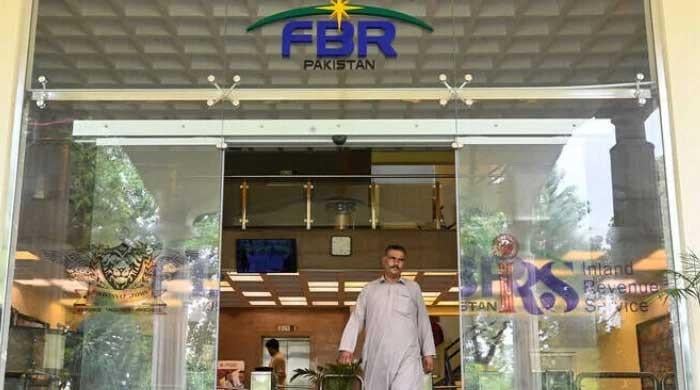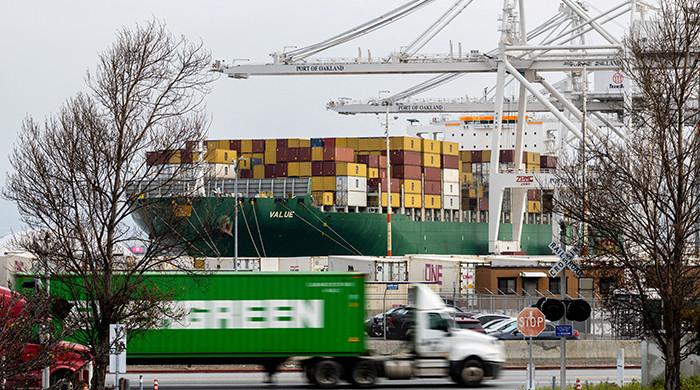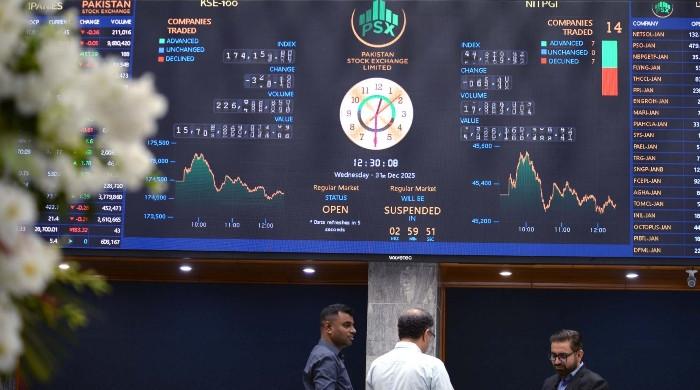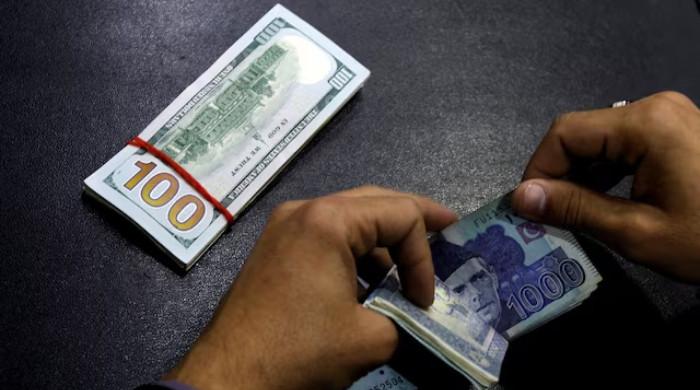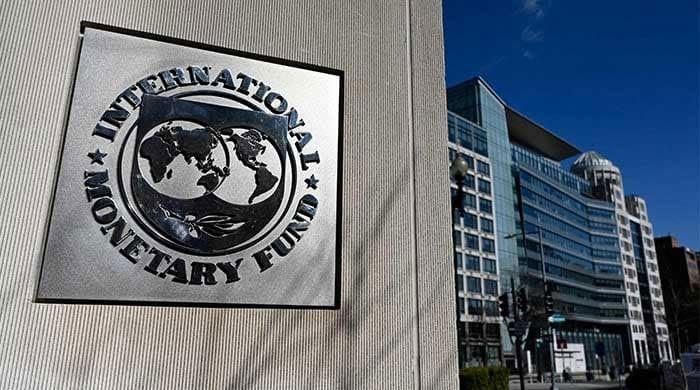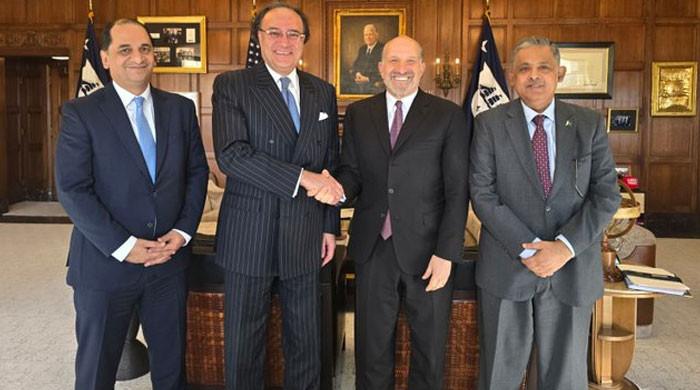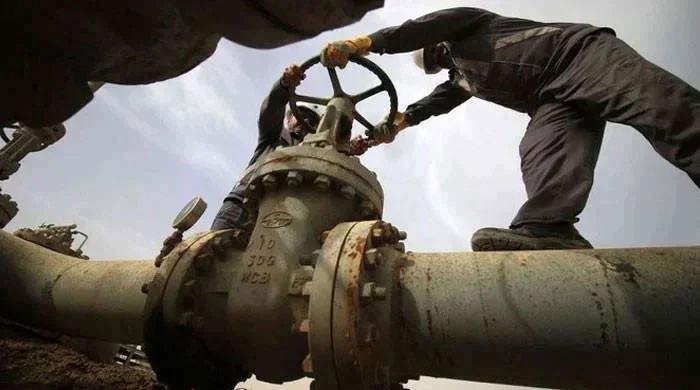Pakistani rupee continues to be on slippery ground, hits new historic low of 224.92
Rupee loses Rs2.99 against greenback; Miftah blames renewed political volatility for fresh depreciation
July 20, 2022
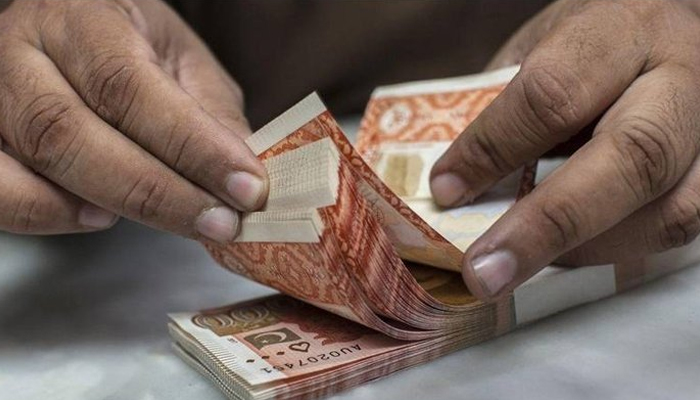
- Rupee loses Rs2.99 against greenback.
- Miftah blames renewed political volatility for fresh depreciation.
- Currency market is under pressure in wake of “political uncertainties”.
KARACHI: There was no respite from the declining rupee trend on Wednesday as the currency dropped to a new all-time low of Rs224.92 against the US dollar in the interbank market due to renewed political volatility.
The rupee nosedived by a whopping Rs2.99, or 1.30%, in a single day to hit an all-time low at Rs224.92 — surpassing the last historic low of 221.99 recorded a day earlier — the data released by the State Bank of Pakistan (SBP) showed.
Analysts attribute the fresh depreciation to the political uncertainty arising out of the outcome of the Punjab by-elections and said the currency market came under renewed pressure in the wake of “political and economic uncertainties".
Federal Ministry of Finance's former adviser Dr Khaqan Hassan Najeeb said that Pakistan follows a market-determined exchange rate system.
“In this regime trade deficit and market influencing news make a lot of impact on currency changes,” Najeeb said, adding that the recent adjustment of the Pakistani rupee is partly influenced by uncertainty due to election results coupled with a Fitch downgrade.
Shedding light on the increased demand for the greenback in the interbank market, the economist said that banks do not cover LC payments on opening but completely cover them at the time of getting the flows.
“With the pronounced rupee slide, financial institutions tried to cover import payments. It created a higher demand in the interbank,” he explained, adding that when the rupee is depreciating exporters hold their proceeds for a better rate in future.
Commenting on the intervention of the central bank, he said that the SBP can smoothen the disorderly movement but limited foreign exchange reserves position, as well as bindings of the International Monetary Fund (IMF) considerations, constrained SBP.
Miftah blames political uncertainty
Finance Minister Miftah Ismail blamed political uncertainty for the massive plunge of the local currency against the US greenback.
In a phone interview with Bloomberg, Miftah said: “In terms of the real economic fundamentals, we are fine but the political uncertainty screwed us up.”
“Fundamentally the rupee is fine, there is not much pressure on the rupee in the market and we should be okay, and I think that there may be some reversal,” he added.
The finance minister told Reuters that the rupee downturn is not due to economic fundamentals. "The panic is primarily due to political turmoil, which will subside in a few days."




